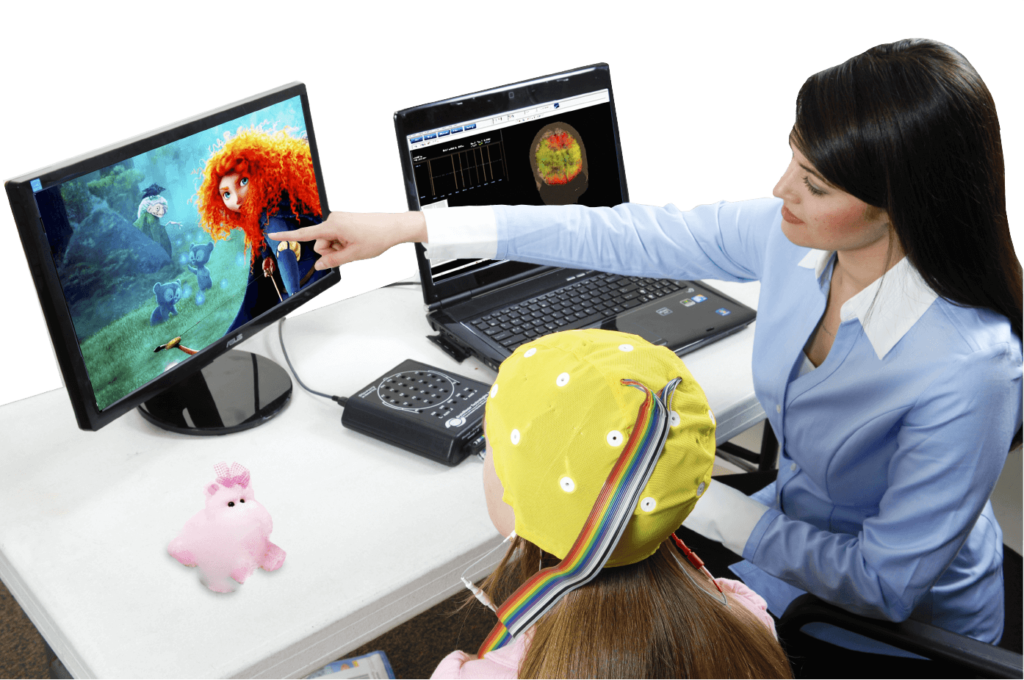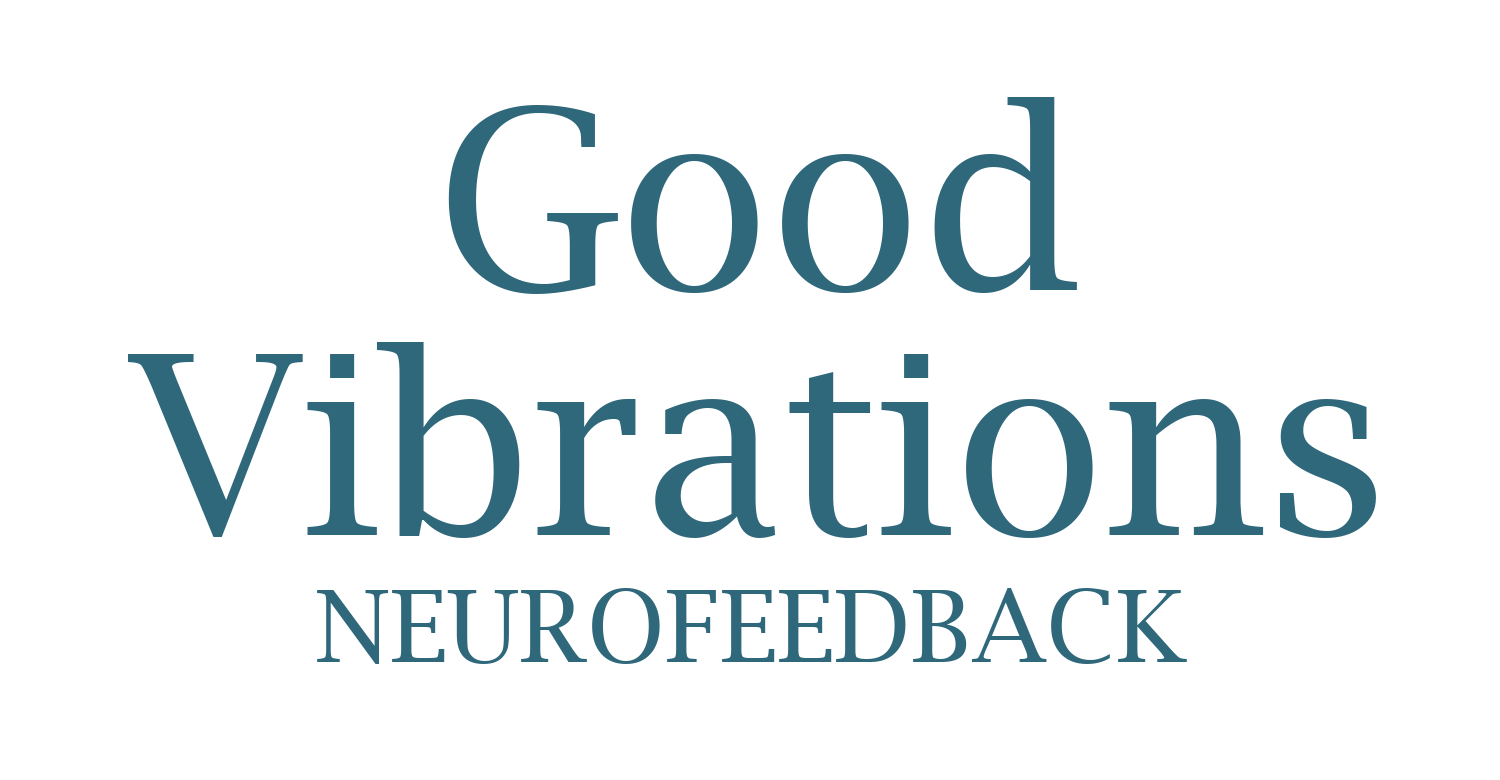General
Research For General Users of NeurOptimal®
NeurOptimal may also help those who experience general stress and anxiety unconnected to health issues. Since NeurOptimal is training at the source of complaints rather than treating diagnostic categories, there are several studies that look at outcomes across diagnostic categories rather than comparing medically-defined groups “where fallible diagnostic judgments create more issues.”
The results of a five-year Clinical Outcome Study using NeurOptimal looked at subjects who self-rated he self rated numbers for each item on the checklist were then tallied separately in 3 categories: stress level, intensity of symptoms, and frequency of symptoms. They found that 93% improved in at least one of these areas.


Neurofeedback and Personal Growth
A doctoral dissertation by Karen Cochrane, Ph.D., titled “Comprehensive Neurofeedback Training in the Context of Psychotherapy for Transformational Change,” explored how neurofeedback may complement the therapeutic process.
In the study, a high percentage of participants reported noticing positive shifts shortly after their initial NeurOptimal® sessions. These included self-observations related to sleep quality, reduced anxiety, increased calm, and enhanced self-awareness. While further peer-reviewed research is encouraged, the findings suggest potential synergy between neurofeedback and talk therapy in supporting personal growth.
